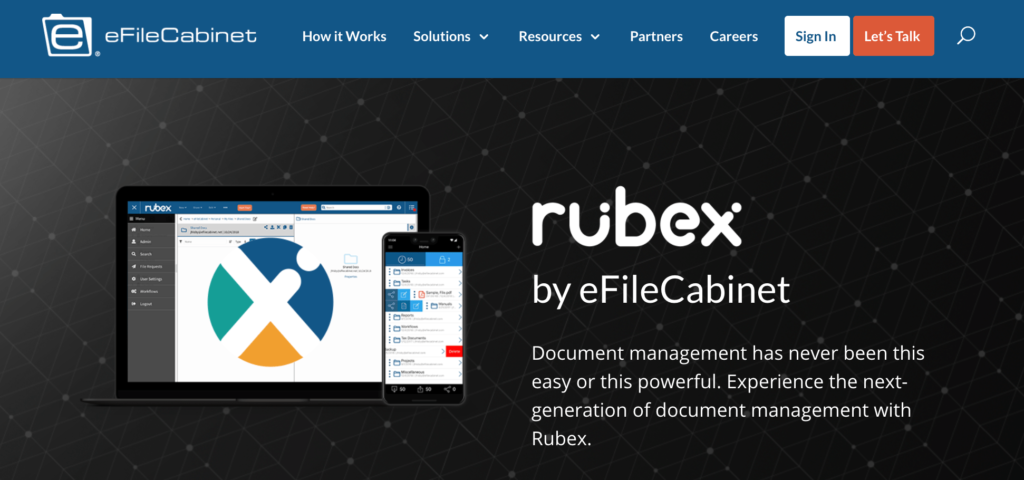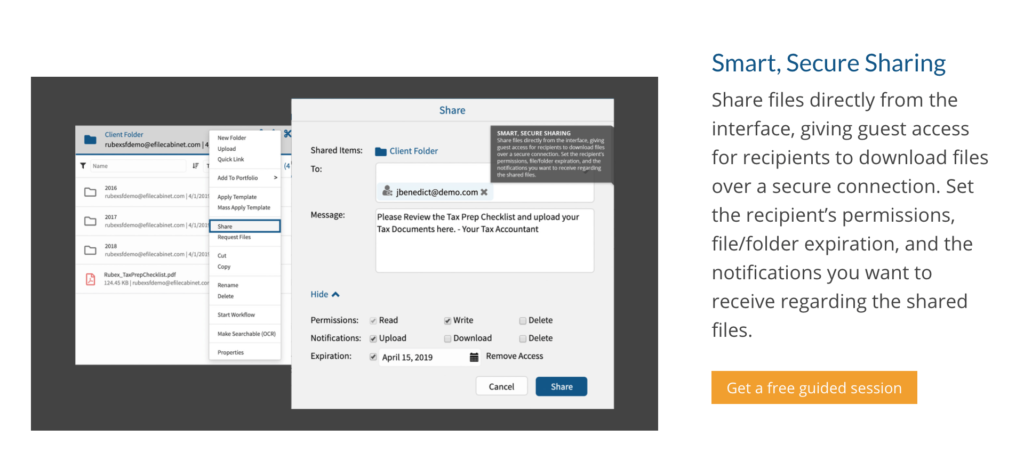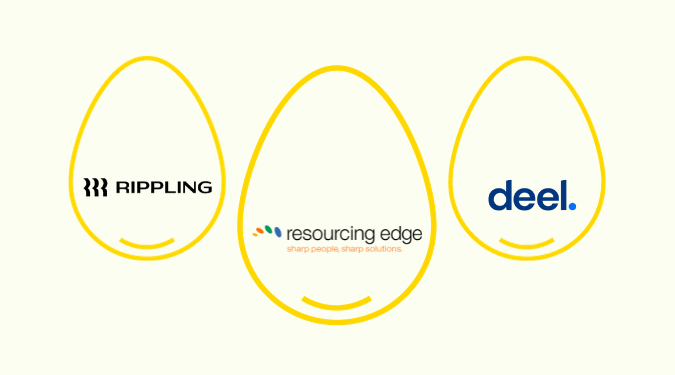Disclosure: This content is reader-supported, which means if you click on some of our links that we may earn a commission.
Corporations worldwide of all sizes and industries have one thing in common—paperwork. There are dozens of forms, records, tax documents, and other corporate records that must be organized and maintained for years.
This in-depth guide will explain everything you need to know about corporate record keeping.
Why Corporate Record Keeping Is So Important
Most corporate records contain crucial information about your business and its operations. This begins during the formation process with your articles of incorporation and continues with tax returns, corporate bylaws, meeting minutes, ledgers, and so much more.
Corporations are required by law to keep detailed corporate records. Failure to abide by these laws can lead to significant legal repercussions, fines, penalties, and other compliance issues.
Aside from your legal obligation to maintain corporate records, good corporate record keeping offers practical value for any operation. For example, corporate records can help you track and monitor the trajectory of your business year over year. You can refer to tax returns in the past to help you with tax returns in the future.
Corporate record keeping also maintains the “corporate veil.” This term is used to describe the separation of assets between the corporation and its members.
Another reason why good corporate record keeping is important is to prove your company’s compliance with various regulations. Accurate and organized records can protect you and your corporation in the event of an audit or a lawsuit.
If you plan to sell your business, issue new shares, or raise capital from outside investors, buyers and investors will want to review your records as well. This can ultimately help you increase the value of your business through a third-party lens.
There are plenty of other operations-specific examples where you might need to show your corporate records, including:
- Negotiating financing terms with a lender
- Entering a new contract with a third-party vendor
- Signing a corporate lease with a landlord
- Settling disputes between shareholders
- Obtaining insurance coverage
The list goes on and on, and the records vary for each one. For example, a lender or vendor may want to see records related to your sales history, while a mediator handling a shareholder dispute would need corporate bylaws and meeting minutes.
When these types of events arise, you don’t want to be scrambling to find a specific form or document—everything should be organized and easily accessible.
This is especially true if the document you need to find is from several years ago.
Here’s a simple case study that showcases the importance of good corporate record keeping. The example involves a company called “Clever Cloud,” which was incorporated back in 2010. After incorporating, the company registered a domain and trademark in the same year.
These records came in handy a decade later when the company was involved in a lawsuit and needed to defend its trademark and domain from a business operating in another country.
Had these corporate records not been maintained for over ten years, the outcome might not have been so favorable for Clever Cloud.
Quick Tips to Improve Corporate Record Keeping Today
Corporate record keeping might seem challenging or intimidating, especially with so many things to keep track of. But this is far less overwhelming when you follow the tips below.
All of these quick tasks are easy to implement, so you can get started with good corporate record keeping immediately.
Tip #1 — Know What Records to Keep and How Long to Keep Them
It shouldn’t be a guessing game when it comes to what should be kept and what can be thrown away. So start by creating a list of all records you need to maintain and how long to keep them.
The exact requirements will vary from corporation to corporation, but here’s a general list to get you started:
- Articles of incorporation (and any amendments)
- Corporate bylaws
- Corporate meeting minutes
- Corporate income tax records
- Proof of documents to back up tax deductions
- Employment tax records
- Corporate resolution records
- Annual reports
- Stock exchange and securities records
- Accounting and bookkeeping records
- Bank statements and credit card statements
- Human resources records (employee records, applicants, terminations, etc.)
- Shareholder agreements
- Contracts
- Permits and licenses
- All communications made to shareholders
- List of names and addresses for past and present directors and officers
- Any and all documents filed with the state
- Insurance documents
Again, this is not a full list. Your corporation might need to maintain some additional records based on specific situations. In other cases, your corporation may not need to maintain everything listed above.
When in doubt, here’s a simple way to decide whether or not a document should be kept. Ask yourself if the record would be requested in an audit or lawsuit. If the answer is yes, keep it.
In terms of how long your records should be kept, the IRS generally recommends keeping things for three to seven years. But it’s better to be safe and keep things for longer just to be sure.
Tip #2 — Leverage Electronic Record Keeping Tools
Maintaining physical corporate records can be a challenge, especially at scale. Manual organization and filing just aren’t efficient, and it’s tough to find what you’re looking for when the time comes.
This is increasingly difficult for corporations that are dispersed across multiple locations. What if a document you need is in another state? Going there yourself or having someone locate the file for you isn’t very practical.
Things are more likely to be misplaced or lost if you’re keeping manual records. Hard copies are also vulnerable to fires, floods, theft, and other disasters out of your control.
Rubex by eFileCabinet is a top solution to consider in this category.

Rubex solves the vast majority of pain points for corporate record keeping because it’s versatile across so many categories. You can use it to manage records for accounting, human resources, insurance, legal, and more.
It’s an all-in-one document management system that’s secure and easy to search for specific files. Best of all, you can access your corporate records from anywhere.
You might ultimately use other digital tools to maintain specific records. For example, you can keep bookkeeping and tax information records stored in your accounting software. Employee and payroll records can be stored in your HR software.
But for miscellaneous documents and corporate records, Rubex gets the job done.
Tip #3 — Know Your State Requirements
Beyond the IRS, the vast majority of corporate record keeping requirements are governed at the state level. These regulations vary from state to state, so it’s important for you to understand exactly what’s required in your location.
For example, many states require records to be kept at a principal business address. Your registered agent might be required to maintain some of your incorporation documents.
Most corporate records don’t need to be filed. But some states may require you to file an annual or biannual report. Things like meeting minutes won’t necessarily need to be filed, but they should still be maintained with your corporate records.
Beyond your specific state requirements, you should look at other states where your business operates or plans to expand. This will help you remain compliant long-term.
Tip #4 — Put Someone In Charge of Corporate Record Keeping
It should be someone’s primary responsibility to maintain good records.
The secretary of an organization is typically the one responsible for meeting minutes, meeting attendance tracking, meeting actions, and corporate resolutions. Then they can distribute the files to an attorney, important members, and shareholders.
This is another scenario where Rubex by eFileCabinet makes your life much easier.

The software has built-in tools for simple and secure document sharing. So you can easily send records to other people and control each user’s permissions for what they can do with the document.
Other records will be maintained by department heads or specific roles. For example, your CFO can oversee all of the accounting records, and the HR director can make sure all employee records are properly maintained.
Tip #5 — Act Sooner Rather Than Later
Good corporate record keeping best practices should be implemented immediately. So pushing things off until next month or next year shouldn’t be an option.
If you wait to put these practices into place, you could end up losing or misfiling important records that should be maintained. This can lead to compliance problems or legal penalties.
Additionally, waiting just increases the amount of work and effort required once you decide to go digital. Let’s say you’re planning to take all of your hard copy records and upload them to a document management solution. Another year’s worth of files could be days or hours of extra work.
While you don’t need to change every aspect of your corporate record keeping overnight, you should take steps to implement best practices ASAP. With the help of modern software, this is fairly easy to do.
Long-Term Strategies For Corporate Record Keeping
In addition to the quick tips listed above, there are a couple of long-term strategies for corporate record keeping that must be considered. These strategies take a bit more time and effort to see results, but long-term, you’ll be thankful you put them into place early.
Strategy #1 — Prepare For the Worst
This might seem a bit extreme, but it’s good to have this mentality when you’re implementing a corporate record keeping policy.
In reality, the “worst” may not even be something all that bad. But it would be frustrating to get turned down for a loan or something just because you couldn’t produce the records requested by a lender.
Hopefully, you’ll never actually be in a worst-case scenario. But if an unfavorable situation like an audit or lawsuit arises, the last thing you want is to be underprepared.
If you’re in doubt about something that should be kept, keep it anyway. If the IRS recommends keeping a tax document for three years, don’t destroy it the day after that third year ends. Always err on the side of caution.
This is the type of mentality you need to implement company-wide, which can take a bit of time.
For example, things like receipts and expense reports don’t always come to mind when you’re talking about corporate record keeping. But if a tax document from years ago is questioned during an audit, this will lead to your financial statements, and you may ultimately need to back something up with a receipt or credit card statement.
Strategy #2 — Prepare For Scale
If you just started a corporation, it may seem fairly easy to stay organized with your record keeping.
But this will change over the years as the number of documents and forms can increase exponentially. This is especially true as you’re opening new locations, hiring new employees, issuing stock to new shareholders, and more.
A handful of folders in a filing cabinet might seem adequate in the first year or two of your operation. But this record keeping method will quickly become obsolete and ineffective.
So it’s in your best interest to plan for scale from the very beginning. That includes using electronic record keeping tools and software. This will make your life easier in five or ten years when you have more records than you can keep track of.
When you need to locate an old file, contract, or resolution, it’s just a matter of searching through your electronic records to find what you’re looking for.
Next Steps
Now that you understand the importance of good corporate record keeping, it’s time to implement the tips and best practices explained above.
If you opt for electronic corporate record keeping, you’ll need more than just a solution that stores documents. Look for a tool that lets you track the history of these electronic records over time, especially if people will be making changes to them.
Check out our guide on the best document management software. These solutions go beyond basic document storage and provide robust security, version controls, regulatory compliance, and more.
You should also look into the best online legal services, as many of these platforms offer corporate kits for good recordkeeping—especially during the incorporation process. This is ideal for new corporations and those of you who are just starting out.














